Meet the members of our two boards of directors. The Street Trust Community Fund is a 501(c)(3) non-profit which runs programs to help our members navigate streets and advocate on their own behalf. The Street Trust Action Fund is a 501(c)(4) organization, focusing primarily on transportation policies, investments, and the elected officials who decide them.
The Street Trust Community Fund Board of Directors
The Street Trust Community Fund is a 501C3 non-profit governed by a volunteer Board of Directors, elected by our members for two-year terms. The Board establishes and monitors major policy direction, oversees the finances, and helps secure resources for the organization.
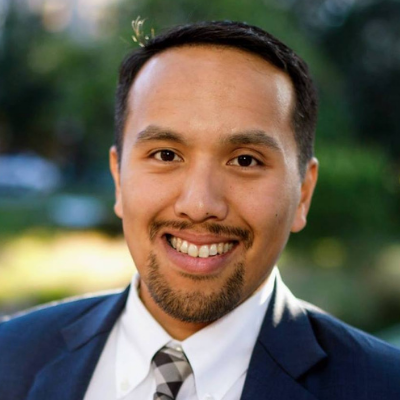 |
Thomas Ngo (he/him), ChairDigital Strategist Thomas has been passionate about active transportation since he was a college intern at TriMet and discovered the health benefits of biking and using transit. The son of refugees from Vietnam, Thomas grew up east of 82nd Ave. He is currently a digital strategist at Brink Communications and has over a decade of communications experience in Portland and New York. He holds a Master of Public Administration from Columbia University and a BA from the University of Portland. Thomas was a former board co-chair of APANO and lives within walking distance of the Jade District. He’s an avid cyclist and has done the Seattle to Portland ride twice — his second ride was done in one day. What would an ideal transportation system look like for you? |
|
|
|
||
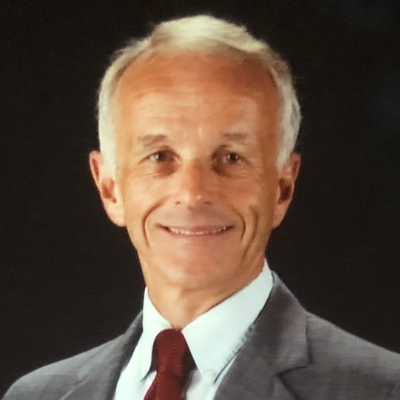 |
Randy Miller (he/him), Vice ChairPresident, Produce Row Property Management Randy is the president of Produce Row Property Management Company, which manages Produce Row, 150,000 square feet of networked businesses in an area the website describes as, “a place that can support a fledgling operation or an established manufacturer. This is a place where things are made. Real products, real services or simply making a difference.” A Portland native, Randy works on city boards and commissions creating public and private partnerships to understand, he says, “what is practical, pragmatic, and reasonable to attempt to achieve.” This work includes serving as director of AAA of Oregon / Idaho, director of the Air Advice Corporation, director of The Street Trust, and director of the PGE Foundation. His civic-mindedness and leadership have earned him the Port of Portland Compass Award, the American Diabetes Association’s Father of the Year Award, and the Spirit of Portland Award.
|
|
|
|
||
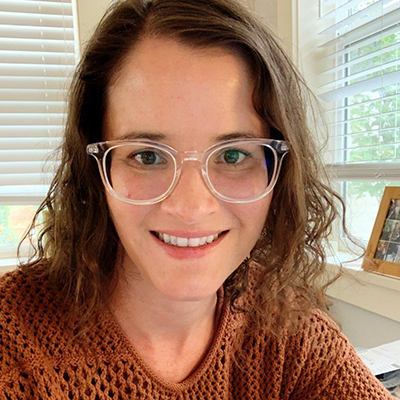 |
Margaux Mennesson (she/her), Secretary
|
|
|
|
||
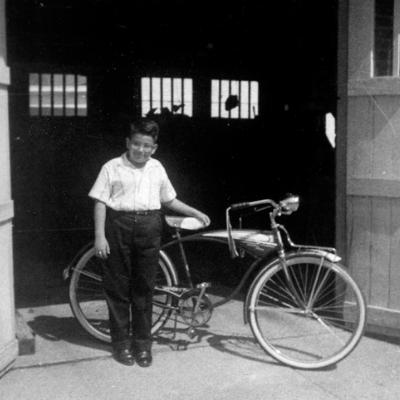 |
Dr. AJ ‘Jerry’ Zelada, TreasurerLong time cyclist and bike/ped advocate in Oregon, in 2008, Dr. Zelada was appointed by Governor Kulongoski to the Oregon Bicycle & Pedestrian Advisory Committee for ODOT (Oregon Deptartment of Transportation). During this time from 2008 to 2013, as member and Chair, significant changes were made to the silos of money and decision making. They enabled state funds to be used as Federal requirements for local matching dollars; brought the Hole in the Air issue to a transparent discussion beyond the freight committee with the help of Lynn Peterson and the BTA; brought Historic Columbia River Highway to the attention of the Oregon Transportation Committee and gained early dollars for initiating trails along the original 1916 Highway. And lastly, this committee was able to enlarge grant dollars to role model projects which in turn were catalysts in communities to ‘do more.’ This was a philosophical change from focusing the bike bill dollars to singular larger bike ped developments instead of small wider geographic distributed projects. Dr. Z – as he’s affectionately known – has be instrumental in creating projects aimed at increasing cycling: Bike to Groceries, Adaptive Bike Fair within Sunday Portland Parkways and Gorge Pedal. What would an ideal transportation system look like for you? |
|
|
|
||
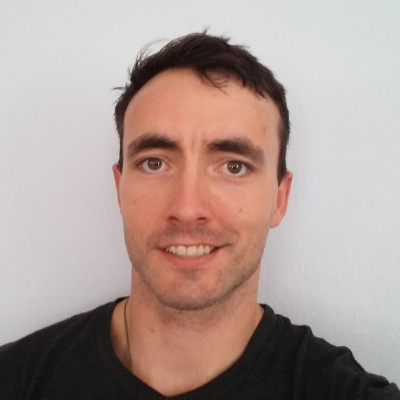 |
Paul Buchanan (He/Him/They/Them)Bike Rack Sales, Dero What would an ideal transportation system look like for you? |
|
|
|
||
 |
Mary CondronGeneral Surgeon, St Charles Health System Mary Condron is a General, Trauma, and Surgical Critical Care physician at St Charles Medical Center in Bend. She first moved to Oregon in the 1990s when she attended Reed College for her undergraduate training. After a research science career she decided to turn her focus to caring directly for people by attending medical school in Philadelphia. She was thrilled to return to Oregon to complete her postgraduate surgical training. When not working, she enjoys spending time with her husband and daughter, trail running, and mountain biking. What would an ideal transportation system look like for you? I care deeply about safe and equitable access to cycling. As a health care provider in Bend, Oregon I routinely see members of my community who have been hurt by gaps in the current infrastructure and I want to help be part of the solution. |
|
|
|
||
 |
Victor Duong (he/him)Architecture from University of Oregon Born in Saigon, Vietnam, Victor is a 1st generation immigrant who grew up in NE Portland and considers the Pacific Northwest his home. He has over 30 years of mountain biking experience in Portland area and branched out into racing, commuting, and bicycle touring (domestically and internationally). Professionally, Victor designs high density urban residential infill projects all across the Portland area. He also has real-world hands-on experience with residential construction and has a deep appreciation of the craftsman era architectural style. Victor brings a balanced experience of approach to multi-modal transportation which includes transit, walking, cycling, and common-sense auto usage. Victor is currently serving on PBOT Bicycle Advisory Committee. What would an ideal transportation system look like for you? |
|
|
|
||
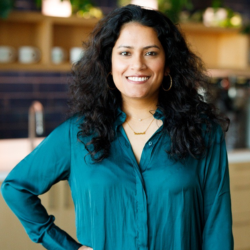 |
Anouksha GardnerStakeholder Relations Manager, Northwest Energy and Efficiency Alliance (NEEA) Originally from Nepal, I’ve been Oregon since 2008 and I love being in this State because it reminds me so much of home from the green environment, and being able to be out and about in nature. I currently work at the Northwest Energy and Efficiency Alliance (NEEA) as their Stakeholder Relations Manager, building relationships, facilitating, and acting as a trusted advisor for NEEA staff and Stakeholders. I love traveling, trying new food, and exploring the outdoors. From being an international student, to being a parent, to being a citizen, to becoming a civic leader, I find myself motivated to advocate and be a voice for my community. .I am currently serving on the board of the City of Beaverton’s Committee for Community Involvement (BCCI), and serve as a connection on the west side of the Portland Metro Region for the organization. My experience as a former staff member of The Street Trust helps the board achieve its goals. |
|
|
|
||
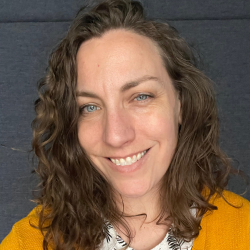 |
Ali MayedaCommunications Director, Family Forward Ali is a communications professional dedicated to advancing progressive causes. With deep experience in federal policy, ballot measures, and legislative campaigns, she values building reciprocal relationships and distilling complex issues into clear and compelling messages. In ten years in Oregon, she has worked for the Oregon Justice Resource Center, Congresswoman Suzanne Bonamici, Brink Communications, and now Family Forward. Originally from rural Maine, she loves being able to bike commute, walk her daughter to school, and enjoy Portland’s many parks and walkable neighborhoods. What would an ideal transportation system look like for you? Every family has safe, affordable, clean, and convenient ways to get around without a car. |
|
|
|
||
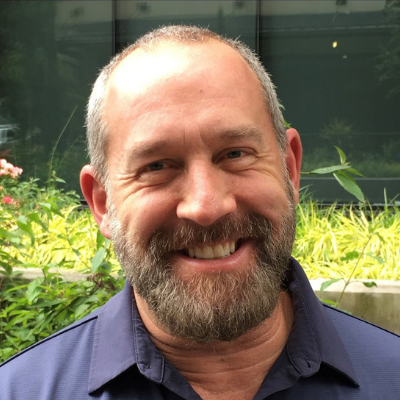 |
Lonny Nielsen (he/him)Director of Marketing & Business Development, TriMet An innovative, results-oriented, creative professional with a desire to use my skills for good in supporting the community and world in which I live. What would an ideal transportation system look like for you? |
|
|
|
||
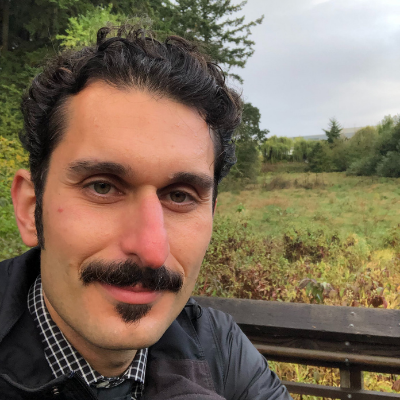 |
Hami Ramani (he/they)Physician, Kaiser Permanente Hami is a neurologist whose work and lived experience has helped him realize the importance of an active lifestyle. Hami is multimodal and uses his bike, public transportation and walking to move around (rarely using a car when absolutely necessary). He believes that the bicycle is an important tool in allowing people to share experiences, mitigating the worst effects of climate chaos and reducing the disparities in our society. Hami believes in building wide-ranging coalitions to turn these goals into realities. What would an ideal transportation system look like for you? |
|
|
|
||
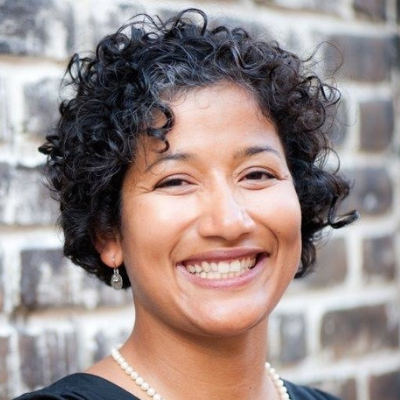 |
Jackie YerbyJackie Yerby is a long-time social justice, environmental justice and active transportation advocate. She wants to see meaningful infrastructure improvements that make it safer for everyone to walk, bike, and roll. Since 2019 she has served as a policy advisor for Governor Kate Brown focusing on behavioral health and health licensing boards. In addition to serving on The Street Trust board, Jackie is also on the boards of the Cycle Oregon and Basic Rights Oregon. She has previously worked for climate change campaign Renew Oregon as the faith organizer. Jackie lives with a dog and two cats in the Alberta neighborhood in NE Portland. She holds an undergraduate degree in History from Yale University, and a Master of Public Policy degree from the John F. Kennedy School of Government at Harvard University. |
|
|
|
||
The Street Trust Action Fund Board of Directors
The Street Trust Action Fund is a 501C4 social welfare organization governed by a volunteer Board of Directors who come from the communities we serve. The Action Fund Board oversees 501C4 decision-making, finances and fundraising.
Dru Van Hengel, Chair
Andrew Plambeck, Treasurer
Tony Jordan, Secretary
